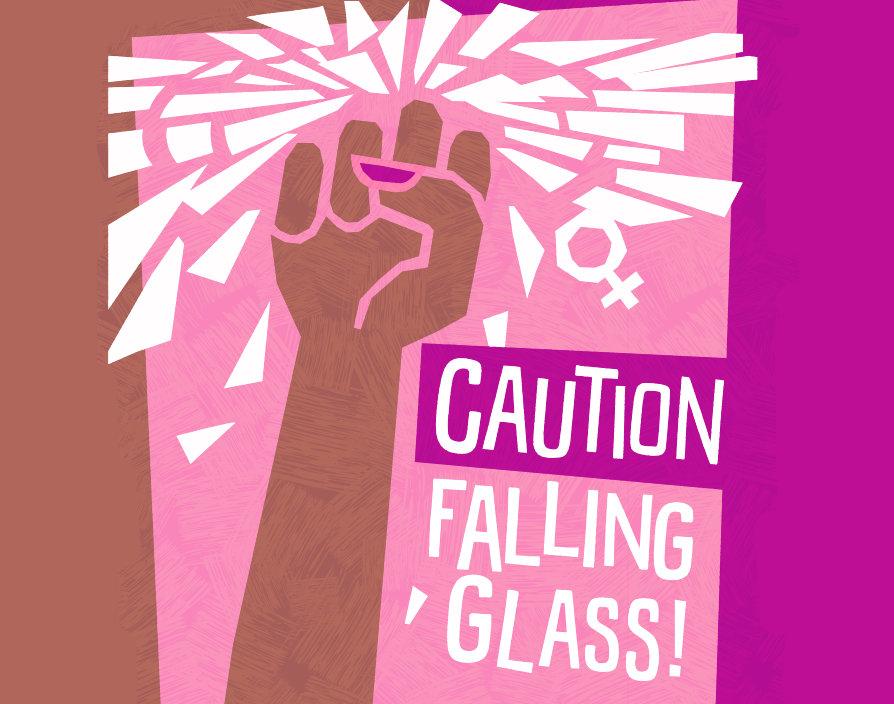Angela de Souza makes a strong case for venture capital firms to appoint more women in leadership positions.
Although the number of women-led start-up businesses is certainly on the rise, females still face significant challenges when it comes to funding their enterprises. Not only is there a lack of access to capital, the problem is exacerbated by a lack of diversity within UK venture capital firms. These are just two of the obstacles that women face when they attempt to start-up in business.
This article explores the issue of funding for female founders, and the impact it has on their success. I also discuss what can be done to address this challenge. The ‘start-up world’ has long been dominated by men. However, in recent years, more and more women have been breaking into the industry and starting their own businesses.
But despite talent, drive and innovation, many female founders still face significant challenges when it comes to securing funding. The issue of funding for female founders is a complex one, and unconscious bias is still definitely alive and kicking in the 21st century. As for access to capital: According to PitchBook, female-founded start-up companies received just 2% of venture capital funding in 2022.
This is in stark contrast to the billions of dollars of funding which their male-counterparts receive. This can be attributed to a number of factors, two of which I’ve already mentioned – an unconscious bias, as well as a lack of diversity in venture capital firms.
Mostly white men
Venture capital firms are often led by white men, and this lack of diversity can make it difficult for female founders. Research has shown that investors tend to invest in people who look like them and share their background. Therefore white, middle-class, males tend to enjoy a more favourable response than any other group when applying for funding.
Lack of support and mentorship
Another challenge facing female founders is the lack of support and mentorship. Women often struggle to find mentors and support networks, making it difficult to navigate the many challenges that exist when starting and growing a business.
This lack of guidance can be particularly damaging when it comes to securing funding. Without a mentor or advocate in their corner, women may struggle to make connections with potential investors. This will damage their chances when they pitch for investment.
The impact of these challenges is significant. Women who struggle to secure funding may have to rely on personal savings, friends and family. They may have to take out a loan. All in all, these problems are likely to limit growth potential and slow down the pace of innovation. It can also make it difficult for women to compete with their male counterparts, who may enjoy greater access to resources and opportunities.
To address the problem of funding, there are several steps that can be taken. One of the most critical is to increase the representation of women in venture capital firms. By promoting more women to leadership positions, we can create a more inclusive and diverse environment that is far better equipped to support female founders.
Another important step is to create more networking opportunities for female founders. This can include industry-specific events, mentorship programs, and online communities. By connecting with other similar women, female founders can find support and guidance, and ultimately access to the resources to help them grow their businesses.
It’s essential to create more funding opportunities for women-owned businesses. By promoting more women to leadership positions in venture capital firms, this would be the first step in helping to level the playing field. It would also create a more inclusive and diverse start-up ecosystem.
It’s important for society, as a whole, to recognise the value of supporting female entrepreneurs. Not only do they contribute to the economy, they also bring unique perspectives and innovations to their respective fields. By investing in female-led start-up companies, we can support the growth of these businesses and help build a more equitable and diverse business landscape.
With the world of business moving sluggishly into the third decade of the 21st century – and post-Covid – surely the time has arrived to break down the barriers that prevent women from reaching their full potential.
Share via:








































